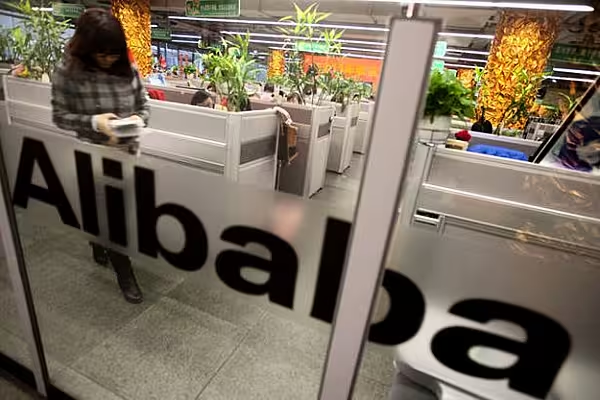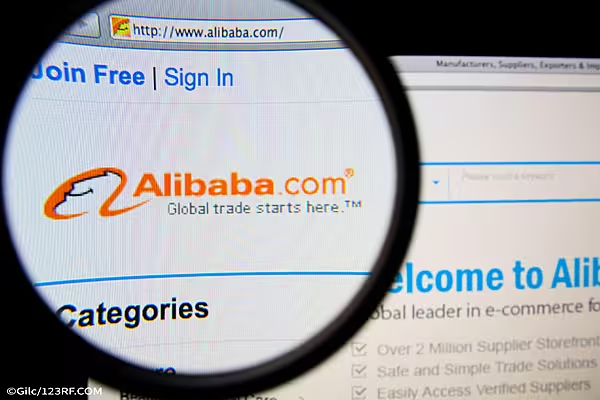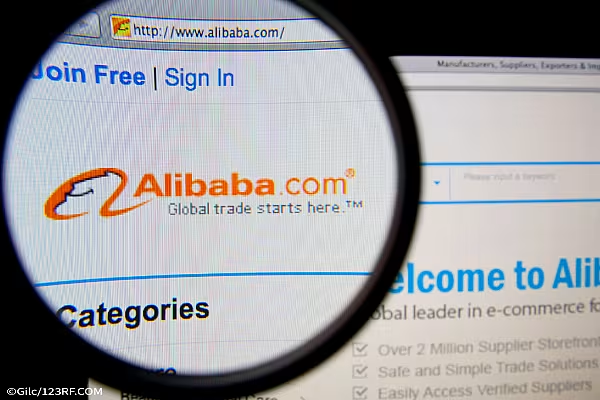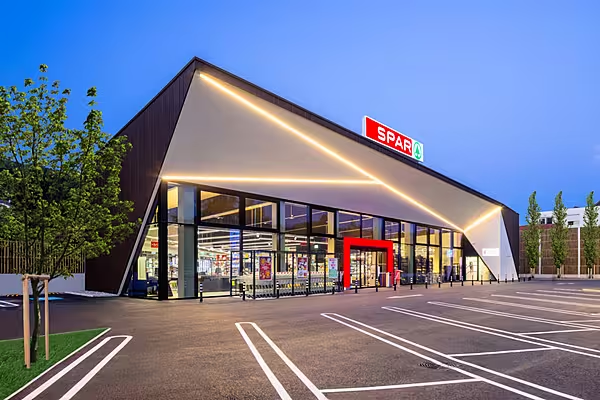Alibaba Group’s delivery arm is establishing a Chinese network of unprecedented scale, even as it expands warehousing in the US and elsewhere to propel the e-commerce operator's global ambitions.
Zhejiang Cainiao Supply Chain Management Co., of which Alibaba owns 48 per cent, is angling toward a future initial public offering to help bankroll that expansion, President Judy Tong said Friday in Hangzhou, China.
The two-year-old company is now erecting delivery hubs centered around five of China’s largest cities, including one in the vicinity of Beijing that will span an area equivalent to 37 football fields. Cainiao has set its sights on extending a network reaching the US, Russia, Brazil and Spain to complement existing bases in seven countries, including Amazon.com’s home turf.
“We will definitely conduct an IPO in the future,” Tong said in an interview. “There is no delivery company that covers the entire nation, providing services to all merchants.”
The quintet of Chinese delivery centers will underpin a rural network that can spirit packages to 100,000 villages within three years. It will service external clients and even other e-commerce sites, Tong added.
The hub outside China’s capital will span 200,000 square meters (2.2 million square feet), larger than the giant fulfillment centers Amazon has become known for.
Alibaba is relying on the shipping company to support a march into the countryside and across borders, as it fends off JD.com Inc. at home and tries to get half its revenue from outside of China.
Cainiao has 700 employees, half of which focus on technology. The company runs its own warehouses while also operating as a network overseer, using software to marshal trucking, shipping and delivery firms to get packages from seller to buyer.
“The essence of Cainiao’s business is an information platform that leverages its strength in traffic and data,” said Li Muzhi, a Hong Kong-based analyst at Arete Research Service LLP. “One of the challenges it will be facing is that because it doesn’t handle operations itself, user experience could be affected.”
Alibaba created Cainiao in May 2013 with department store chain Intime Retail Group Co. and industrial conglomerate Fosun International, which own a combined 42 percent of the company.
The trio led an initial 100 billion yuan ($16.1 billion) investment into a delivery network that can now handle 30 million packages a day across the country. Tong envisions Cainiao supporting daily package deliveries of 200 million.
News by Bloomberg, edited by ESM














